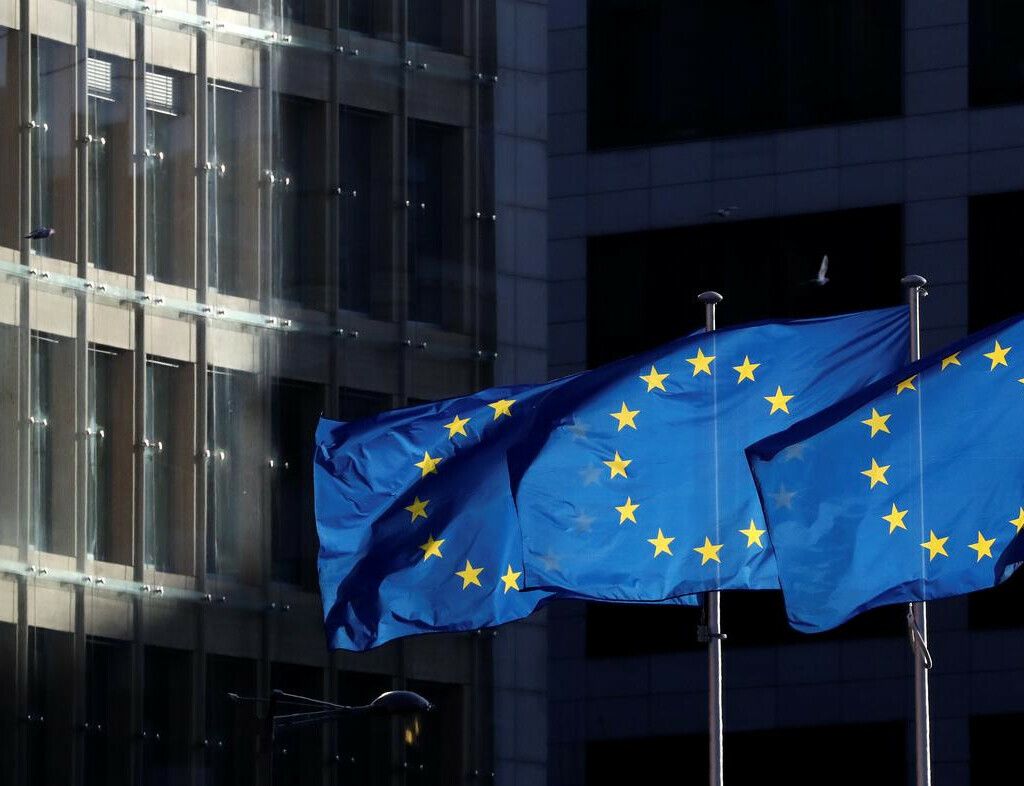In the most recent action taken against Moscow in response to the invasion of Ukraine, officials from the key institutions of the European Union have announced that they have instituted a ban on lobbyists working for Russian interests from entering their buildings.
The European Parliament, which has 705 members, was the first to make the change at the beginning of June. Since then, the European Commission, which is the executive arm of the bloc, as well as the Council, which represents member states, have followed suit.
The European Parliament, which has 705 members, was the first to make the change at the beginning of June. Since then, the European Commission, which is the executive arm of the bloc, as well as the Council, which represents member states, have followed suit.
This judgement applies to any and all representatives of Russian interests who have registered with the institutions in order to meet with commissioners, their staff members, and elected members of the European Parliament.
This decision was made as a part of the execution of the sixth set of sanctions that were enacted by the European Union. These restrictions prohibit any and all services relating to business and public relations consulting.
EU citizens defending the interests of their Russian customers in Brussels have not been restricted from doing business until today. Previously, EU diplomats, officials, and executives were barred from entering EU premises and were refused visas to enter the union.
